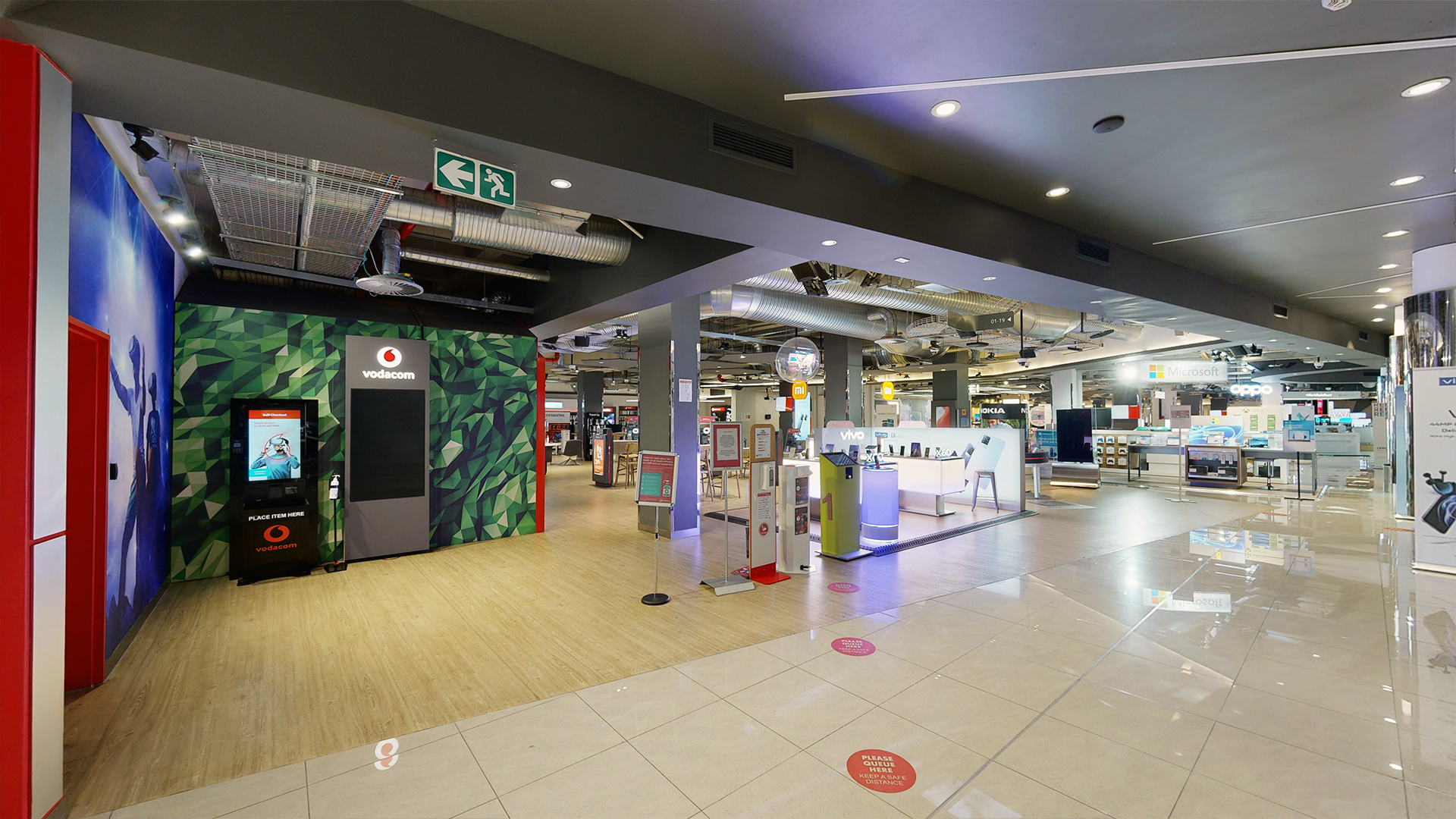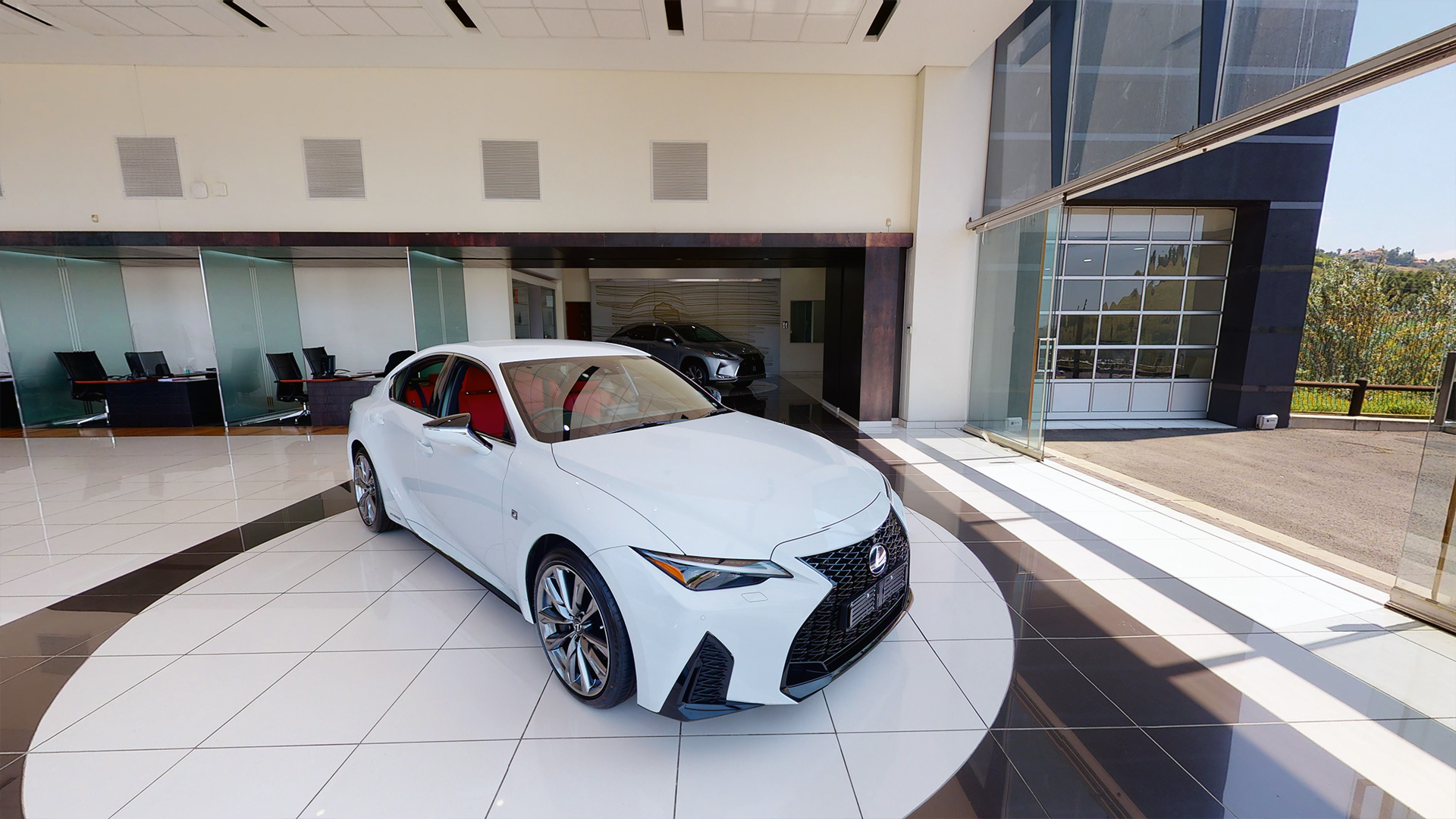Virtual tours in the automotive industry represent a transformative step in how consumers interact with and experience vehicles. They offer numerous benefits, significantly enhancing customer engagement, knowledge, and convenience.
Expanding the scope of the article, virtual tours in the automotive industry are not just a novel marketing tool; they represent a paradigm shift in how vehicles are presented, explored, and even sold. Their impact is far-reaching, affecting various aspects of the automotive industry:
Comprehensive Vehicle Showcase
- Realistic Experience: Virtual tours offer a realistic, 360-degree view of vehicles. This technology allows potential buyers to experience a car as if they were physically present, which is especially beneficial for those who cannot visit a showroom.
- Highlighting Unique Features: Manufacturers can use virtual tours to highlight unique features and selling points of their vehicles. Interactive elements can draw attention to advanced technological features, luxury elements, or unique design aspects that might be less apparent in a traditional setting.
- Brand Storytelling: Virtual tours can be integrated with elements of brand storytelling, providing context about the vehicle’s design philosophy, heritage, and technological innovations. This approach helps in forging a deeper connection between the brand and potential customers.
Enhanced Customer Interaction and Engagement
- Interactive Configurators: Beyond basic exploration, some virtual tours include configurators that allow customers to customize the vehicle to their preferences, changing aspects like color, interior materials, and additional features. This interactive element significantly enhances customer engagement.
- Virtual Test Drives: Some advanced virtual tours offer simulated driving experiences, allowing customers to get a feel for the vehicle’s performance in various environments. This feature can be a decisive factor in the purchasing process.
- Live Assistance and Consultation: Integration of live chat or video call features can provide immediate assistance or consultation to potential buyers. This real-time interaction brings a personal touch to the digital exploration experience.
Business Insights and Operations
- Customer Behavior Analytics: Virtual tours provide valuable data on customer behavior and preferences. Analysis of this data helps businesses understand which features attract the most attention and what aspects of the vehicle are most appealing to consumers.
- Reduced Operational Costs: By offering a comprehensive digital showcase, dealerships can reduce the need for large physical inventories and showrooms, leading to significant cost savings.
- Global Reach: With no geographical limitations, virtual tours can reach a global audience, opening up new markets and customer segments for automotive brands.
Impact on Sales and Marketing Strategies
- Targeted Marketing: Insights gained from user interactions on virtual tours can inform targeted marketing strategies, allowing for more personalized and effective advertising campaigns.
- Enhanced Online Sales Channels: As online shopping becomes more prevalent, virtual tours can complement and enhance online vehicle sales channels, providing a more detailed and interactive experience than traditional online listings.
- Building Long-term Customer Relationships: By providing an engaging and informative experience, virtual tours can play a significant role in building long-term customer relationships. They set the stage for a more informed and satisfied customer base, which is crucial for brand loyalty and repeat business.
- Integration with Social Media: Virtual tours can be easily integrated with social media platforms, encouraging users to share their customized vehicles or experiences with their network, thus increasing brand visibility and organic reach.
Future Developments and Innovations
- Augmented Reality (AR) and Virtual Reality (VR): The future of virtual tours could see more integration with AR and VR technologies, providing even more immersive and interactive experiences.
- Artificial Intelligence (AI): The incorporation of AI could lead to more personalized and intelligent virtual tours, which adapt based on user preferences and behavior.
- Sustainability and Eco-Friendly Showcasing: Virtual tours align with the growing trend towards sustainability, reducing the need for physical materials and resources typically used in traditional showrooms.
The incorporation of virtual tours in the automotive industry marks a significant evolution in the way vehicles are marketed, explored, and sold. These tours offer a plethora of benefits, from enhancing customer engagement to providing valuable business insights, and represent a key component in the future of automotive sales and marketing strategies. The Ferrari Roma virtual tour website exemplifies this trend, showcasing how digital innovation can enrich the customer experience and offer a glimpse into the future of automotive retail.
Virtual Tours
Creating high-quality virtual tours in South Africa, offering immersive 360° experiences for businesses, tourism destinations, real estate, educational institutions, and more. His virtual tours allow users to explore environments remotely, boosting engagement, visibility, and sales. Utilizing advanced equipment and technologies like Google Street View integration, VR-ready platforms, and interactive hotspots, Gerald’s tours provide seamless, lifelike digital experiences. His services cater to a broad range of industries, helping brands tell their story, attract customers, and stand out in the competitive digital landscape.




